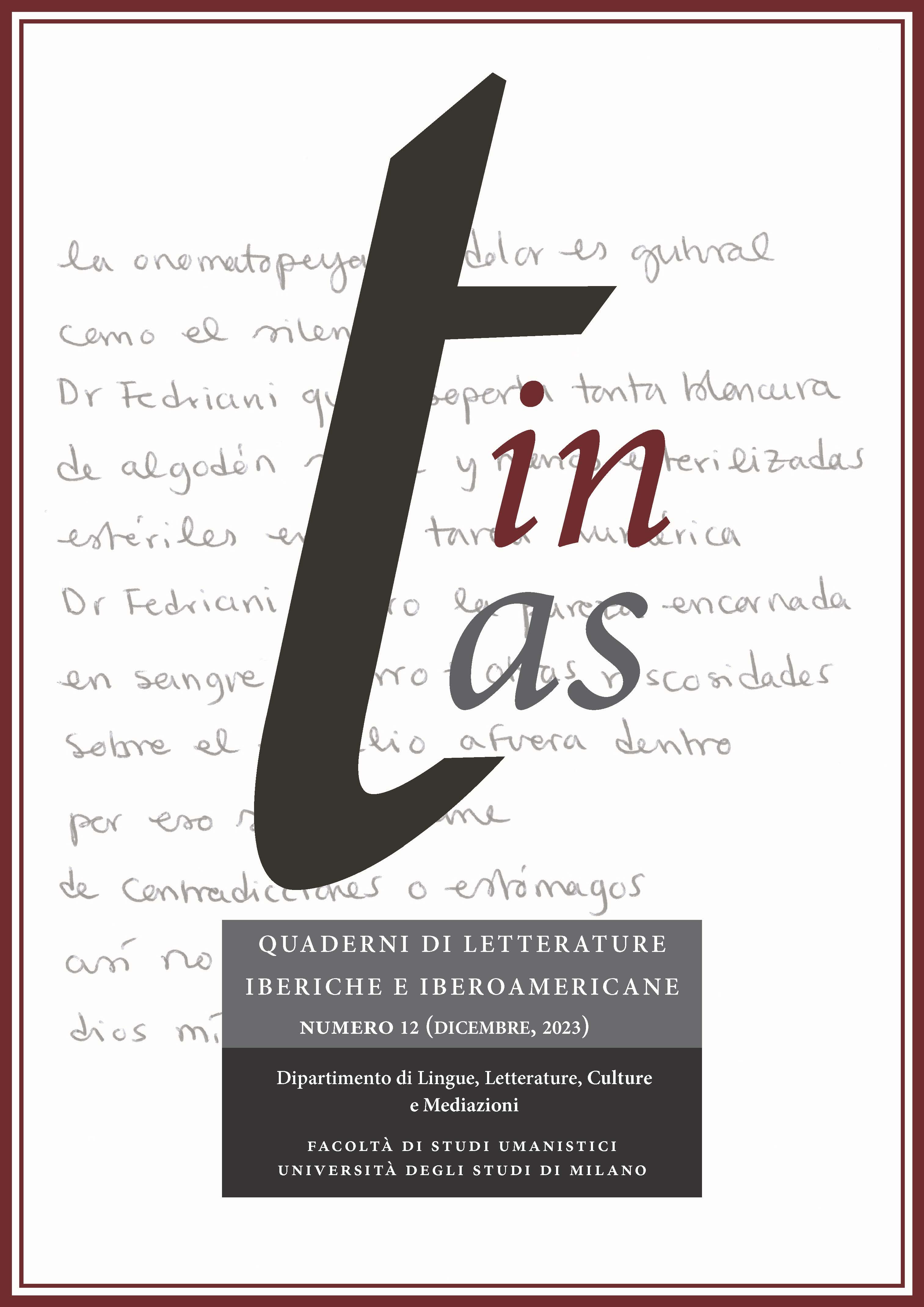La maternidad como crisis personal en la nueva narrativa autobiográfica de la procreación en España (2017-2023)
DOI:
https://doi.org/10.54103/2240-5437/22418Keywords:
Silvia Nanclares; Laura Freixas; Nuria Labari; Mar García Puig; motherhood as crisisAbstract
The purpose of this article is to introduce an approach to four novels (published between 2017 and 2023) that are part of a new trend of narrative texts about first-person maternities in Spain. The interest of these books lies in raising, on the one hand, a theoretical issue about the invisibilization and silencing of women in culture, especially if they are presented as a gestating subject who expresses her own experience; on the other hand, a personal issue, which is at the same time political, as it is inseparable from the cultural construction of motherhood from a patriarchal point of view. Departing from a conservative approach that gives mothers the responsibility of care and, in general, has long excluded women from the literary canon, Silvia Nanclares, Laura Freixas, Nuria Labari, Mar García Puig are today a benchmark that gives a new meaning to autobiographical writing by including in the life story the experience of motherhood, from a personal and professional point of view. Novels such as Quién quiere ser madre (Nanclares, 2017), A mí no me iba a pasar (Freixas, 2019), La mejor madre del mundo (Labari, 2019), La historia de los vertebrados (García Puig, 2023) will form the core of my analysis about the crisis that women experience during motherhood, with destabilizing consequences on identity that, however, lead to empowerment in both individual, couple and professional spheres.
Downloads
Downloads
Published
Versions
- 2024-02-08 (5)
- 2024-02-08 (4)
- 2024-02-08 (3)
- 2024-02-08 (2)
- 2024-02-08 (1)



